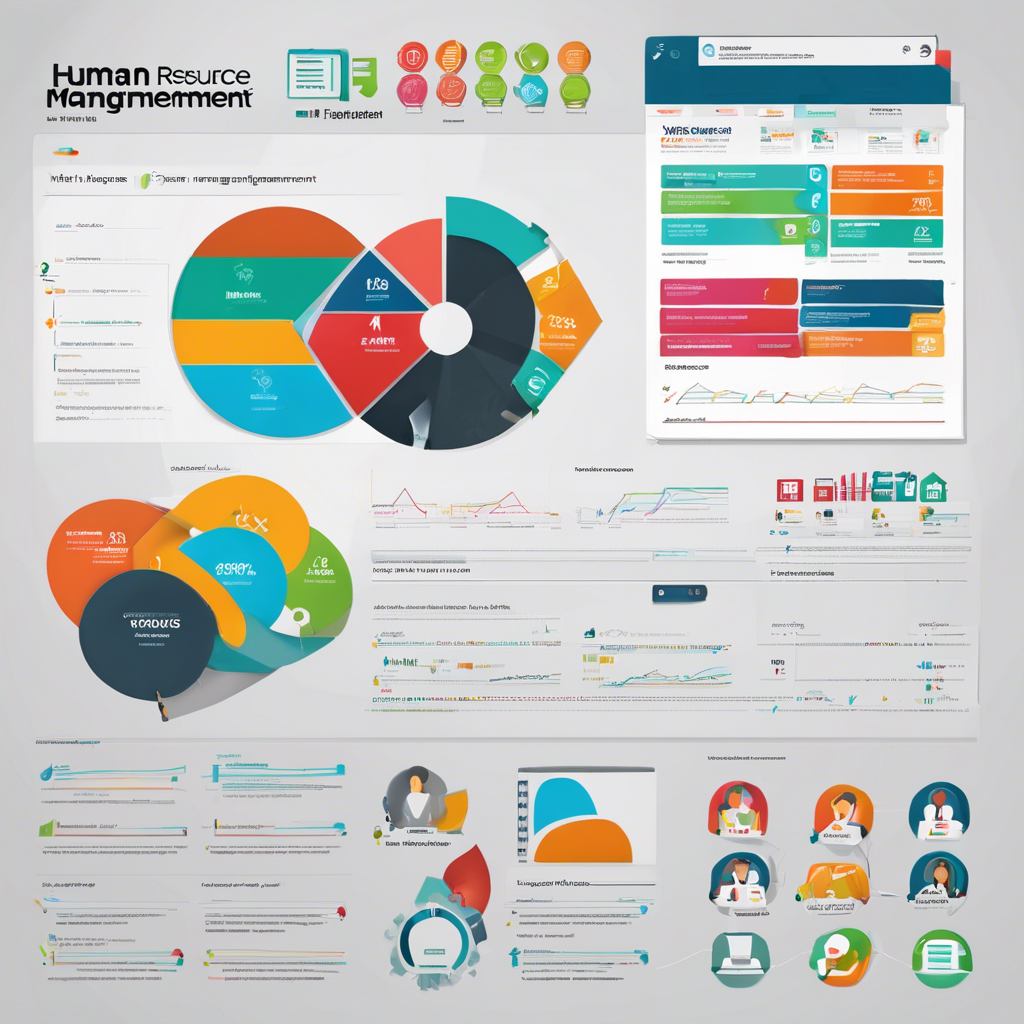Human resource management software, also known as HR software or HRMS (Human Resource Management System), is a crucial tool utilized by organizations to streamline and automate their human resource processes. This software assists HR departments in managing employee data, recruitment, payroll, performance evaluations, training, and other essential HR functions efficiently.
One of the key benefits of using human resource management software is the ability to centralize all HR-related information in one system. This centralized approach allows HR professionals to access employee data quickly and accurately, leading to improved decision-making and strategic planning within the organization.
Furthermore, HR software enables organizations to automate time-consuming tasks such as payroll processing, leave management, and performance appraisals. By automating these processes, HR departments can allocate their time and resources more effectively, focusing on strategic initiatives that drive business growth and employee engagement.
Another significant advantage of HR software is its role in enhancing communication and collaboration within the organization. Through features like employee self-service portals and mobile applications, employees can access important information, submit requests, and communicate with HR personnel effortlessly, fostering a more transparent and engaging work environment.
In addition to improving operational efficiency, human resource management software plays a crucial role in compliance management. With constantly evolving labor laws and regulations, organizations need to ensure that their HR practices align with legal requirements. HR software can help automate compliance tasks, such as reporting and record-keeping, reducing the risk of non-compliance and potential legal issues.
Moreover, HR software offers valuable insights through advanced analytics and reporting capabilities. By analyzing HR data such as employee performance, turnover rates, and training effectiveness, organizations can make data-driven decisions to optimize their workforce and drive overall business success.
When selecting a human resource management software solution, organizations should consider their specific needs and requirements. Factors such as scalability, integration capabilities, user-friendliness, and vendor support should be taken into account to ensure a successful implementation and adoption of the software.
It is essential for organizations to involve key stakeholders, including HR professionals, IT personnel, and end-users, in the software selection process. By gathering input from various departments and understanding their unique needs, organizations can choose a solution that aligns with their business objectives and enhances overall productivity.
In today’s digital age, cloud-based HR software has gained popularity due to its flexibility, scalability, and cost-effectiveness. Cloud-based solutions offer organizations the ability to access HR data from anywhere, at any time, and ensure seamless updates and maintenance without the need for on-premise infrastructure.
Furthermore, mobile HR applications have become increasingly important in enabling remote work and providing employees with on-the-go access to HR services. Mobile apps allow employees to request time off, view their pay stubs, participate in training programs, and communicate with HR personnel conveniently through their smartphones or tablets.
As organizations continue to embrace remote and hybrid work models, HR software that supports virtual collaboration and employee engagement is becoming essential. Features like virtual onboarding, virtual team-building activities, and digital performance management tools are now integral parts of modern HR software solutions.
In conclusion, human resource management software plays a vital role in optimizing HR processes, fostering employee engagement, ensuring compliance, and driving business success. By leveraging the capabilities of HR software, organizations can transform their HR functions, improve operational efficiency, and create a more productive and engaged workforce. As technology continues to evolve, HR software will remain a key enabler of organizational growth and success in the digital era.
